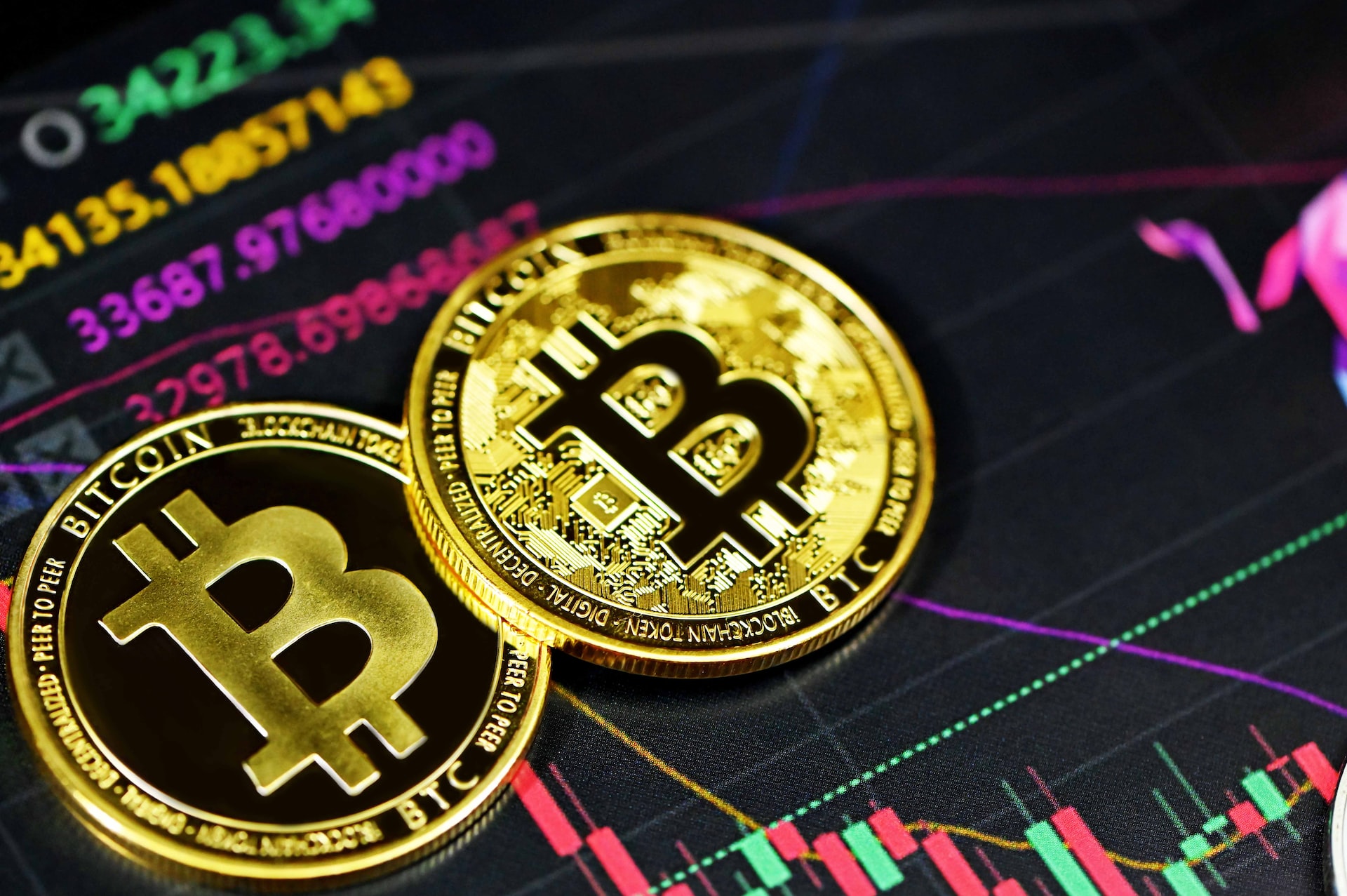A recent US Treasury Department report has escalated concerns over non-fungible tokens (NFTs), branding them highly susceptible to scams and fraud.
It calls for enhanced regulatory measures to mitigate these risks. This assessment places NFTs squarely in the spotlight as prime targets for criminal misuse, including money laundering.
US Treasury Suggests NFT-Specific Regulations
NFTs, which surged in popularity in 2021, are unique digital assets secured by blockchain technology. In layman’s terms, each NFT includes a digital certificate of authenticity, which is, in theory, tamper-proof.
However, the Treasury highlights that NFTs’ allure and volatile pricing make them attractive for illicit activities.
“The risk assessment explores how vulnerabilities associated with NFTs and NFT platforms may be exploited for illicit finance purposes, including money laundering, terrorist financing, and proliferation financing,” the Risk Assessment Report stated.
Moreover, the report highlights significant cybersecurity vulnerabilities and legal issues related to copyright and trademark protections. Additionally, some NFT platforms are noted for lacking sufficient controls to counter money laundering, terrorist financing, and sanctions evasion.
Read more: 7 Best NFT Marketplaces You Should Know in 2024
Subsequently, the Treasury has advocated for stronger regulations following a national risk assessment identifying various illicit finance risks associated with virtual assets. Consequently, it has called on the US government to work with international allies to address these global challenges.
“Relevant authorities should further consider regulations or guidance specific to NFTs and assess opportunities to provide additional clarity on existing obligations for applicable NFT platforms,” the Report mentioned.
Recent legal cases highlight the pressing nature of these concerns. For instance, in November 2023, Aurelien Michel, creator of the “Mutant Ape Planet” NFTs, confessed to defrauding investors.
His case illustrates the potential for fraud within the NFT market. Michel acknowledged his role in a conspiracy to deceive consumers drawn to emerging digital markets, agreeing to forfeit $1.4 million.
Additionally, the Federal Bureau of Investigation (FBI) issued warnings about the increasing sophistication of NFT scams, which capitalize on the interest in these digital assets. Also, a Los Angeles man was sentenced to eight years in prison for related crimes, including impersonating an Apple support worker to steal cryptocurrencies and NFTs.
Despite these unsettling developments, a joint study by the US Copyright Office and the US Patent and Trademark Office has found the current legal framework adequate for handling the complexities of NFTs and intellectual property laws. Initiated by a Congressional request, this study involved thorough research and public discussions.
Read more: Crypto Regulation: What Are the Benefits and Drawbacks?
The study concluded that no new regulations are necessary for NFTs, reflecting extensive feedback from various stakeholders. These divergent perspectives on the need for new NFT regulations underscore the complexity of managing digital assets.
The post US Treasury Warns: NFTs a Hotbed for Fraud and Scams, Calls for Stricter Regulation appeared first on BeInCrypto.

 5 months ago
38
5 months ago
38









 English (US) ·
English (US) ·